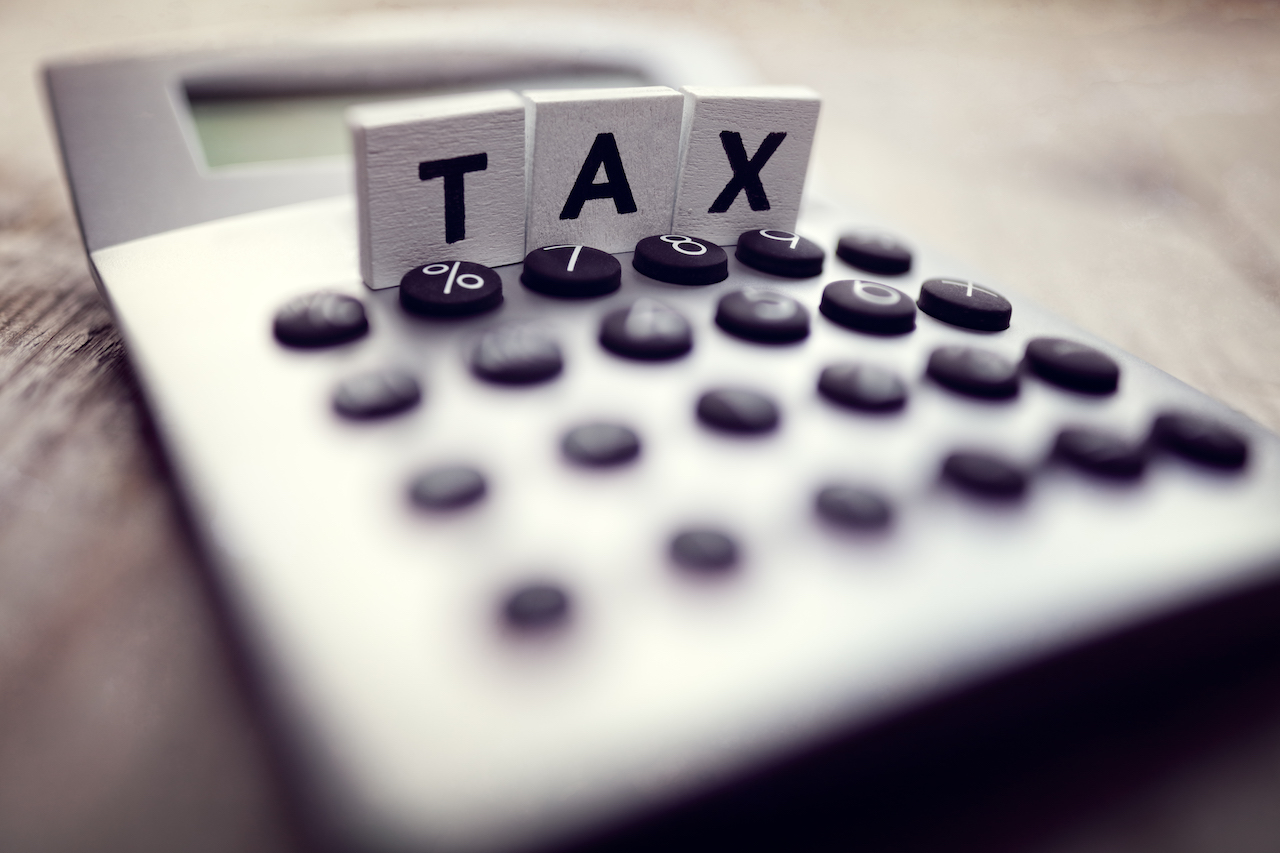New VAT rules are set to come into effect in 2020. In this post, we’ll explore some of the biggest changes, explain who they affect, and offer some advice on how to prepare your business for the changes.
New VAT Rules for 2020
In 2020 there are some new VAT rules to expect including the Domestic Reverse Charge coming into effect in October and the Quick Fixes which come into effect on 1st of January 2020. There are also some proposed changes which are as yes unconfirmed.
Find out how these might affect you and how you can prepare for them.

New VAT Rules – The Domestic Reverse Charge
A major change for 2020 is the introduction of the domestic reverse charge. This will primarily affect businesses in the construction sector, as well as those involved in painting, decorating, and certain types of cleaning.
HMRC estimate that they lose up to £100m a year in tax revenue due to “missing-trader” fraud. This is where construction firms charge VAT to their customers without then paying it to HMRC.
To combat this, under the new VAT rules, a customer that receives a service must pay VAT to HMRC, rather than to the supplier. The customer can then recover their VAT in the standard way.
You can read a detailed guide of how these new VAT rules will work here.
And you can find out whether your business and your services will be affected by these changes here.
To help the construction industry prepare, these changes won’t come into effect until 1 October 2020. If you work in the construction industry, it might be time to look over all the contracts you have with sub-contractors. If the new VAT rules on reverse charges will apply to any of the services you receive, you’ll have to tell your suppliers.
If you’re a sub-contractor, you should contact your customers and find out whether the new reverse charge will apply.
New VAT Rules – The Quick Fixes
The “Quick Fixes” will affect anyone that trades goods or services within the EU. They’re designed to introduce some coherence to international trade agreements, and they’ll come into effect from 1 January 2020. This means that, no matter what happens with Brexit, if you’re involved in international trade you’ll probably be affected by these new VAT rules. Learn more about getting your business ready for Brexit here.
Four Quick Fixes will come into effect at the start of the year:
- Call-Off Stock Arrangements – Compliance obligations, such as registers documenting the movement of goods, will no longer be necessary so long as the supplier meets all stipulated conditions.
- Chain Transactions – There’ll be a new way of clarifying the place of supply in cross-border chain transactions.
- Identification of Customers’ VAT Numbers – EU suppliers must identify and verify the VAT number of the person acquiring the goods through the VAT Information Exchange System.
- Proof of Transport – There are new rules concerning the sort of documentation that must be collected as proof of transport.
You can learn more about these Quick Fixes, and how they might affect your business, here.
Any Other New VAT Rules for 2020?
It’s possible that we might have a completely new government by this time next year. And it’s still not clear exactly what might happen with Brexit. However, beyond the Quick Fixes and the new Domestic Reverse Charge, it appears that most other aspects of VAT will stay the same.
On 29 October 2018, the government posted a policy paper entitled VAT: Maintain Thresholds for 2 Years From 1 April 2020. This measure is designed to guarantee that the VAT registration and deregistration thresholds will stay the same for the two years following 1 April, 2020. That means that the taxable turnover threshold that determines whether you must register for VAT will stay at £85,000. Also, the taxable turnover threshold that determines whether you can apply for deregistration will stay at £83,000.
If you’ve any more concerns about VAT, you can read our guide to VAT for freelancers and contractors here.
Other Ways to Prepare Yourself for 2020
If you’re a freelancer or a contractor, one thing you shouldn’t be without is insurance. Insurance will cover you for many undesirable circumstances, including theft, personal injury, business interruption, and professional indemnity.
Insurance will safeguard your business against whatever 2020 brings. We offer cover from as little as 35p a day. Head here for more information.

